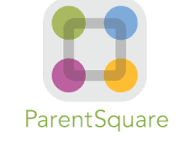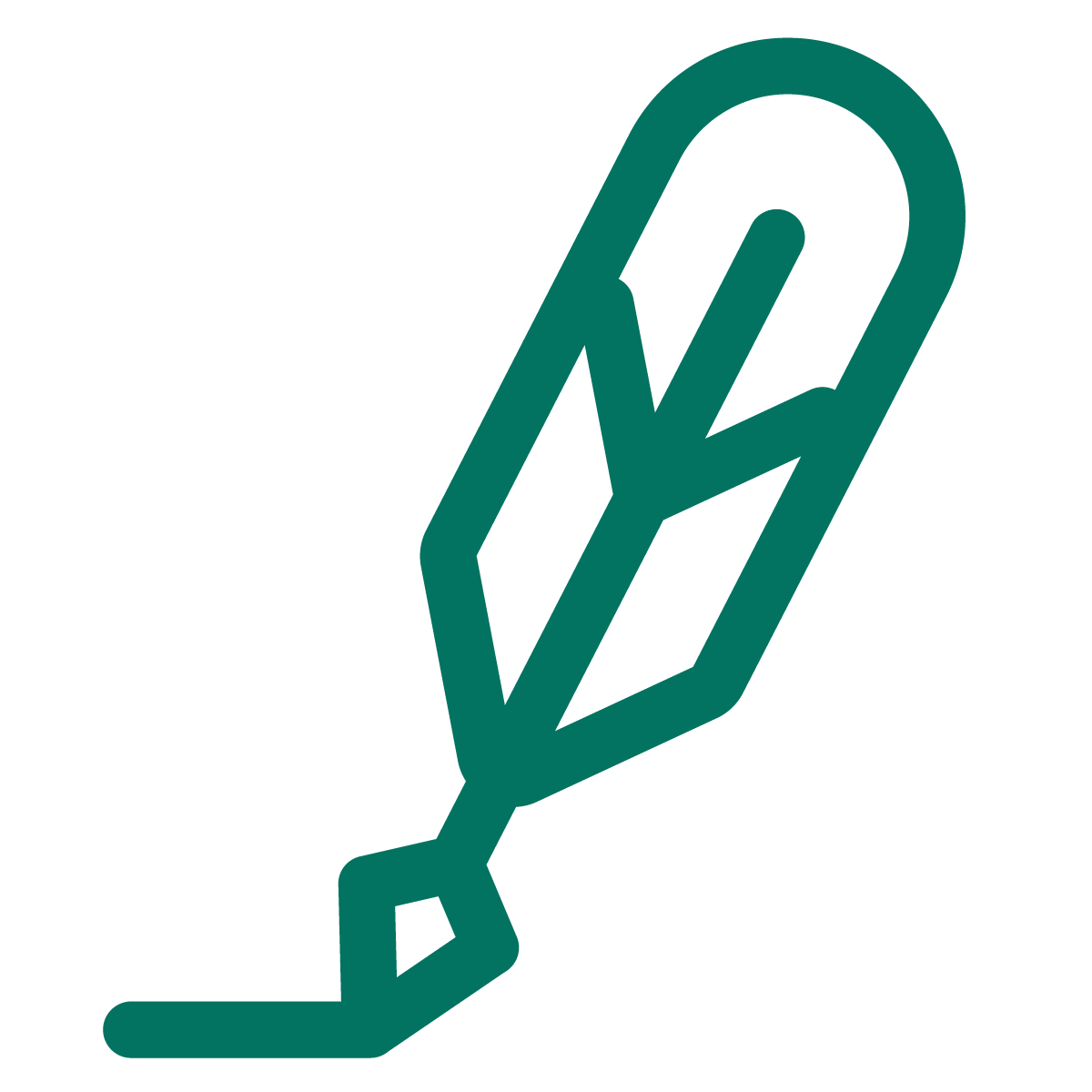Dive Brief:
- Under the Every Student Succeeds Act's (ESSA) Innovative Assessment Pilot, seven states may try out alternative forms of testing in a limited number of districts before implementing them across the entire state. Louisiana has just become the first to get the go-ahead, reports Education Week.
- Louisiana will try out a series of brief reading and writing exams throughout the school year. The exams will combine English language arts (ELA) and social studies into the same assessment. The tests, which will be taken in five districts, are intended to give teachers updates on student progress in a timeframe that allows for faster intervention.
- New Hampshire and Puerto Rico are the next in line awaiting approval for an Innovative Assessment Pilot.
Dive Insight:
Performance assessments are nothing new in and of themselves. What is new is the growing interest in them as a replacement for the standardized, multiple-choice exam. Those types of tests, often administered at the end of the year, more or less in a vacuum, were ubiquitous in the No Child Left Behind era. Reliance on these is criticized by parents and educators alike as being detrimental to student learning.
Louisiana is applying to build a LEAP 7 format, covering both ELA and social studies, that measures student understanding of pre-identified knowledge and texts from their daily classroom experiences, rather than the usual random assortment of texts. The format is intended to make assessments more relevant and connected to the classroom, while still providing valid and transparent data on student growth. External partners will evaluate the effectiveness of the pilot.
District leaders who are interested in exploring alternative forms of assessment might start by considering that there is probably more than one that is right for their district. There may well have to be variation from school to school to optimize results.
Some ways to monitor learning that may be worth exploring include sampling on a rotating schedule, which achieves accountability without tossing standardized tests entirely, and stealth assessment, in which teachers record data digitally as students practice throughout the year. This method can save time, reduce anxiety around formal tests, and offer a wider lens. The resultant information doesn't just show what a student knows, but how fast they pick up new ideas and how persistent and efficient they are while working. In addition, a multi-pronged approach includes a variety of measures, such as social-emotional survey data, game-based assessments, and projects/presentations/portfolios in an overall assessment of student achievement.












